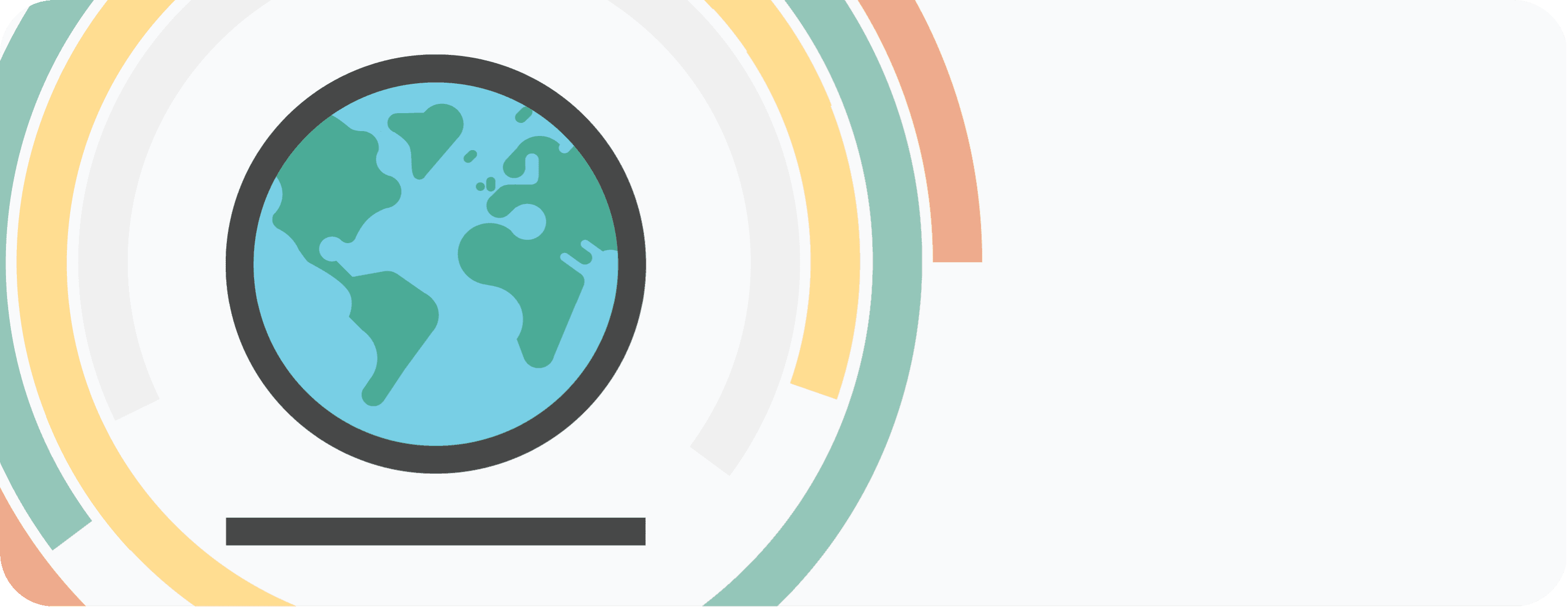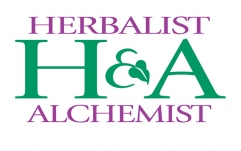

Herbalist & Alchemist

New Jersey, United States
July 2010
Food products
Manufacturing
United States
Located in rural northwestern New Jersey, Herbalist & Alchemist, Inc. has been crafting the highest quality, traditional herbal products since 1981. Founded by internationally known herbalist, educator and ethnobotanist, David Winston RH(AHG), Herbalist & Alchemist is a resource for many practitioners seeking high quality herbal products as well as hard to find botanicals. Because of his exacting standards and extensive knowledge, Herbalist & Alchemist products are widely used by clinical herbalists for their quality and efficacy. Products are available through the company’s website and in finer health food stores. Herbalist & Alchemist manufactures over 250 herbal products from organically grown, sustainably harvested or ecologically wild-crafted botanicals with scientifically confirmed quality, working with Rutgers University on botanical identification. Third party testing is done on all extracts to screen for heavy metals, aflatoxins, and microbiological activity. The BIO-SPECIFIC™ product formulation process is based on knowledge of the chemistry, character and energetics of plants gained from traditional wisdom combined with leading modern research and decades of clinical experience.
Overall B Impact Score
Governance 17.0
Governance evaluates a company's overall mission, engagement around its social/environmental impact, ethics, and transparency. This section also evaluates the ability of a company to protect their mission and formally consider stakeholders in decision making through their corporate structure (e.g. benefit corporation) or corporate governing documents.
What is this? A company with an Impact Business Model is intentionally designed to create a specific positive outcome for one of its stakeholders - such as workers, community, environment, or customers.
Workers 12.4
Workers evaluates a company’s contributions to its employees’ financial security, health & safety, wellness, career development, and engagement & satisfaction. In addition, this section recognizes business models designed to benefit workers, such as companies that are at least 40% owned by non-executive employees and those that have workforce development programs to support individuals with barriers to employment.
Community 19.2
Community evaluates a company’s engagement with and impact on the communities in which it operates, hires from, and sources from. Topics include diversity, equity & inclusion, economic impact, civic engagement, charitable giving, and supply chain management. In addition, this section recognizes business models that are designed to address specific community-oriented problems, such as poverty alleviation through fair trade sourcing or distribution via microenterprises, producer cooperative models, locally focused economic development, and formal charitable giving commitments.
Environment 35.9
Environment evaluates a company’s overall environmental management practices as well as its impact on the air, climate, water, land, and biodiversity. This includes the direct impact of a company’s operations and, when applicable its supply chain and distribution channels. This section also recognizes companies with environmentally innovative production processes and those that sell products or services that have a positive environmental impact. Some examples might include products and services that create renewable energy, reduce consumption or waste, conserve land or wildlife, provide less toxic alternatives to the market, or educate people about environmental problems.
What is this? A company with an Impact Business Model is intentionally designed to create a specific positive outcome for one of its stakeholders - such as workers, community, environment, or customers.
Customers 4.0
Customers evaluates a company’s stewardship of its customers through the quality of its products and services, ethical marketing, data privacy and security, and feedback channels. In addition, this section recognizes products or services that are designed to address a particular social problem for or through its customers, such as health or educational products, arts & media products, serving underserved customers/clients, and services that improve the social impact of other businesses or organizations.